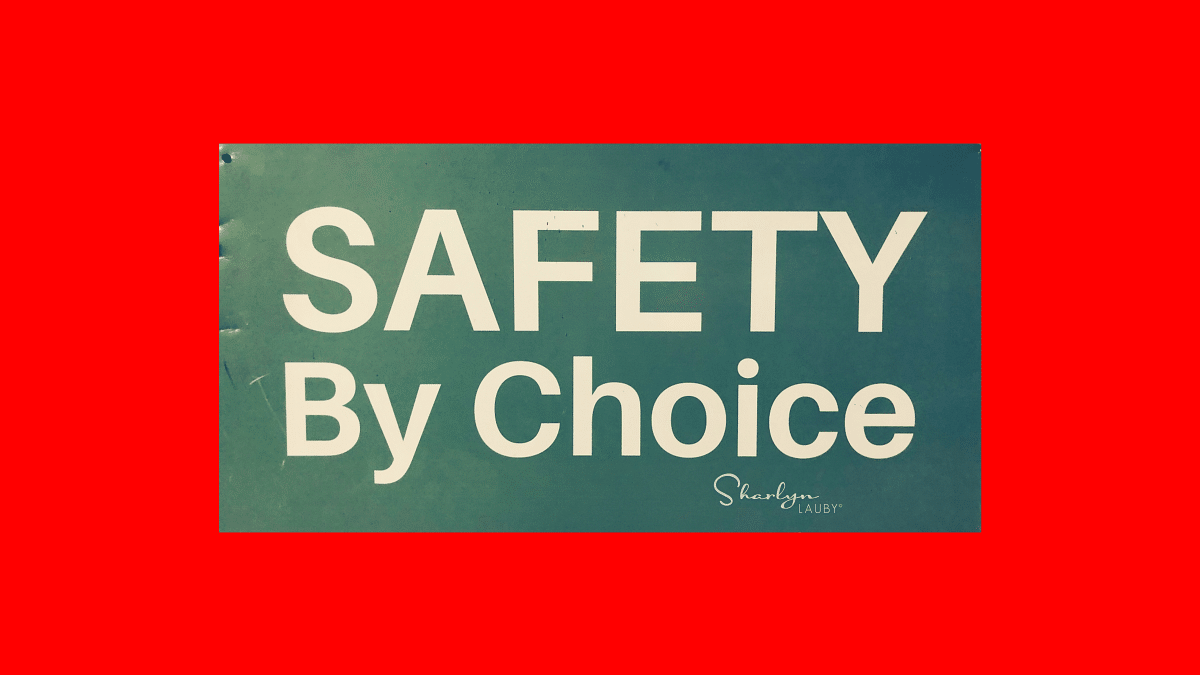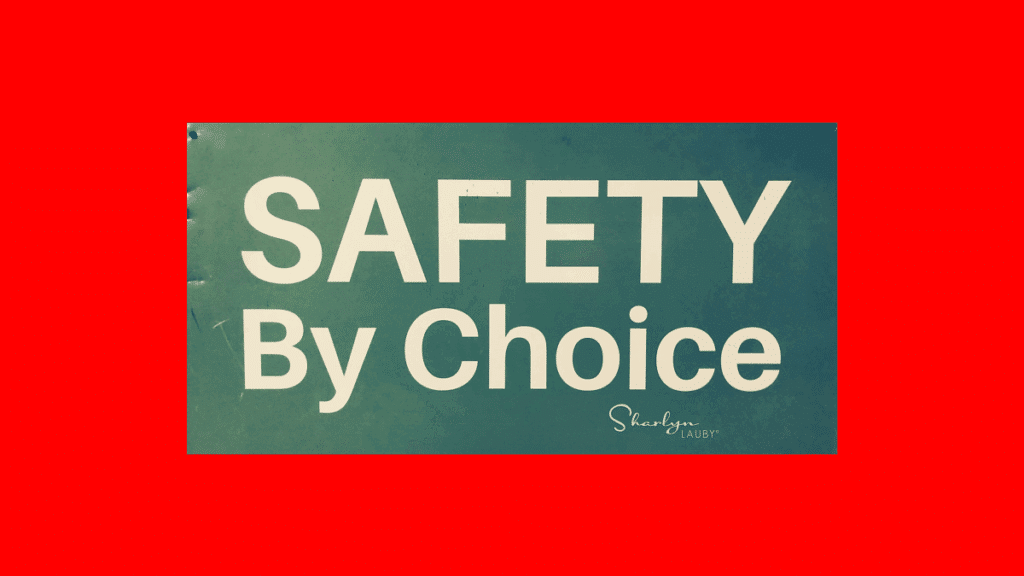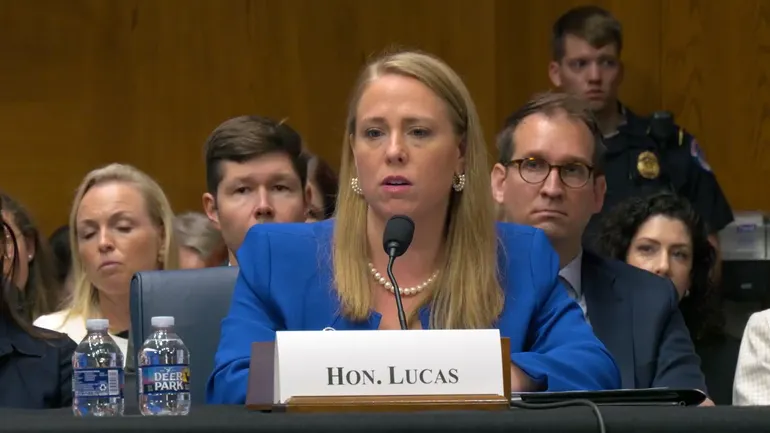Estimated reading time: 3 minutes
Unfortunately, companies are regularly faced with emergencies. For example, right now, where I live (Florida), it’s hurricane season. Companies might also be faced with workplace accidents or incidents of violence. They could also be faced with a viral video media crisis like two married executives being caught embracing on a jumbotron during a music concert.
My point being, emergencies happen. And when they do, companies should have emergency protocols in place to deal with them. One of the first things people often think about is the physical property. Are people safe? Is the property (aka furniture, fixtures, and equipment) secure? This should also include data files. Does the organization have access to their financial, human resources, sales, etc. systems and data?
Another area that companies need to think about is employees and the workplace. Companies need to have a plan in place to notify employees if they should not come into the office because of an emergency. Employees should also know when it’s safe to return. If an organization believes that the media might contact employees, it could be helpful to let employees know what (if anything) they can say on the company’s behalf. And if executives need to attend media training, this should also happen.
In the case of violence, injuries, or a death, human resources should have a list of resources to provide grief counseling and EAP (employee assistance program) services. HR also needs to have a list of reminders for themselves. While we’re often the ones coordinating the activities, we are still dealing with the same emotions of the situation, and we need to take care of ourselves.
This isn’t a comprehensive list of things that should be included in the company emergency plan. But it’s a start and a reminder to review the company plan regularly. Make sure it’s up to date. And if it doesn’t include recruiting, it should.
Regardless of the type of emergency, when an emergency happens, it’s possible that there will be candidates who are in the process of leaving their current job to come start working at your company. They will want to know what’s going on. Do they still have a job? Will orientation and onboarding take place as scheduled? Someone needs to contact candidates and let them know what’s going on. Especially if it means rescinding a job offer or postponing a start date.
I learned about the importance of including recruiting in the emergency plan many years ago, when I worked for the airline. We experienced a crash. All the people on the plane (including the crew) did not survive. Not only was the company dealing with the government investigation, the passengers’ families, and the crew’s families, but they also needed to let dozens of people who had accepted job offers know they weren’t going to start right away. All of these are priorities and should be handled with the greatest respect.
I know talking about emergencies, disasters, etc. isn’t how we want to spend our time. But it’s absolutely necessary. And the best time to have these discussions is before the company is faced with an emergency. During an emergency, there’s so much going on that it could potentially get lost in moment. So, consider today’s article a reminder to regularly review the company emergency plan and to make sure it covers everything including recruiting.
Image captured by Sharlyn Lauby while exploring the streets of Tampa, FL
The post Recruiting Should Be Covered In the Company Emergency Plan appeared first on hr bartender.























